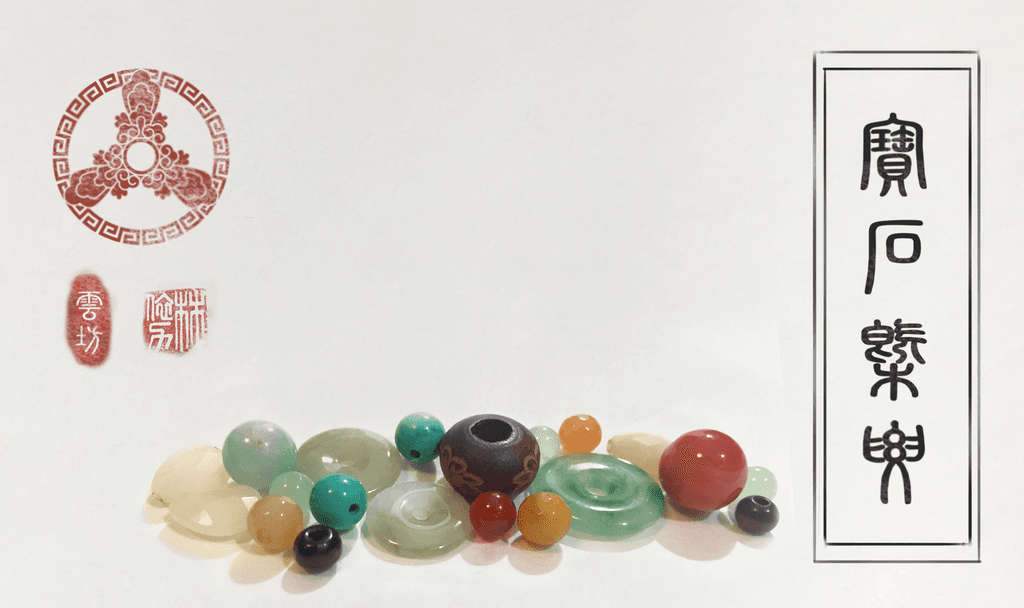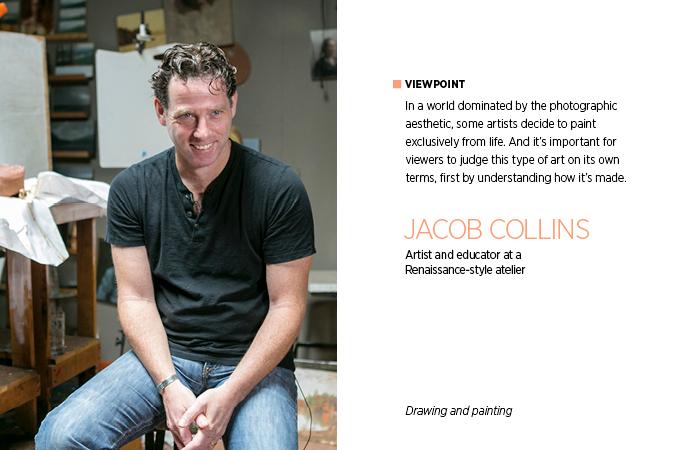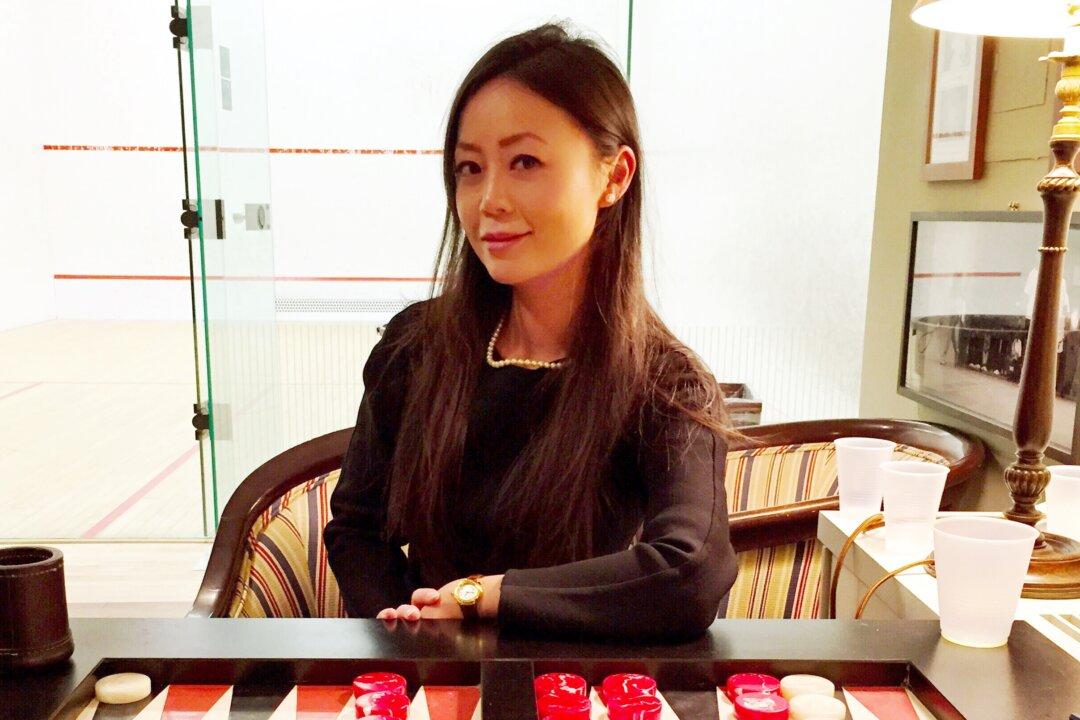What do weather patterns, cities, and ecosystems have in common? And what lessons can they offer to companies and their leaders?
As part of “#LeadTheFuture,” Epoch Times spoke with Stacy Hale and Angie Cross, the hosts of the upcoming podcast Human Current. Human Current explores how understanding complex systems can help us make sense of the world—especially human systems such as workplaces.

Angie Cross (L) and Stacy Hale, co-hosts of podcast Human Current. Courtesy of Human Current





